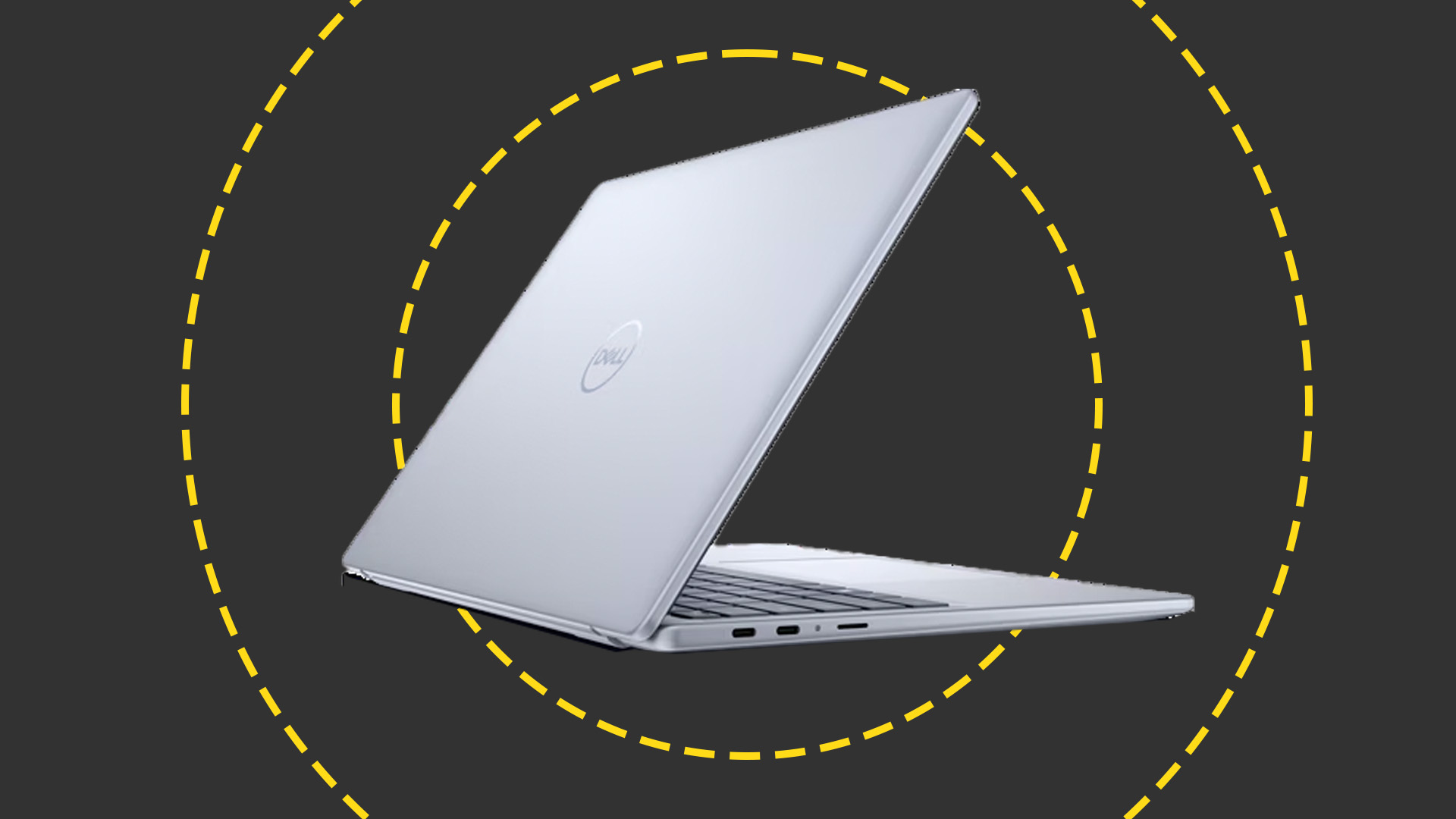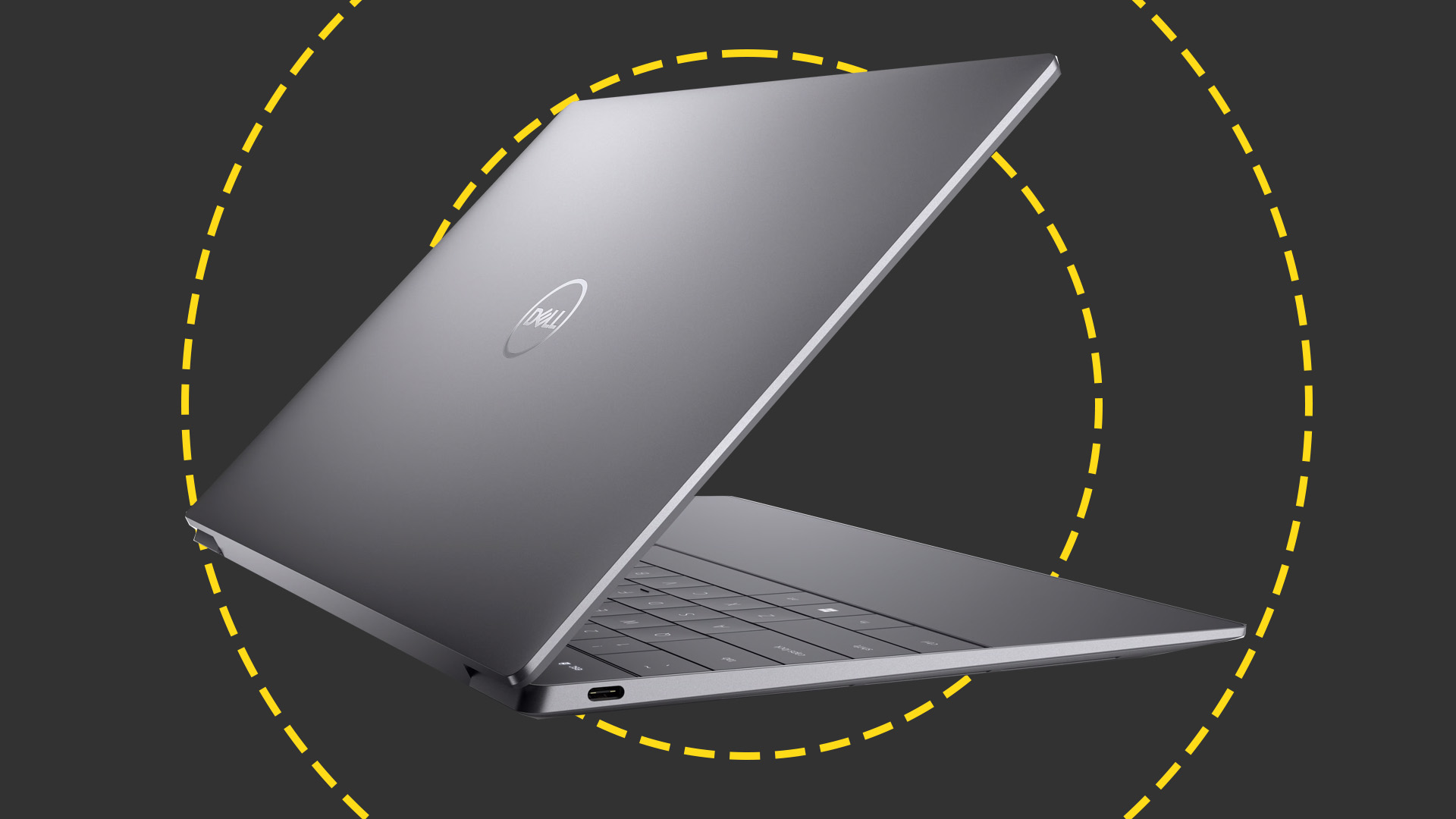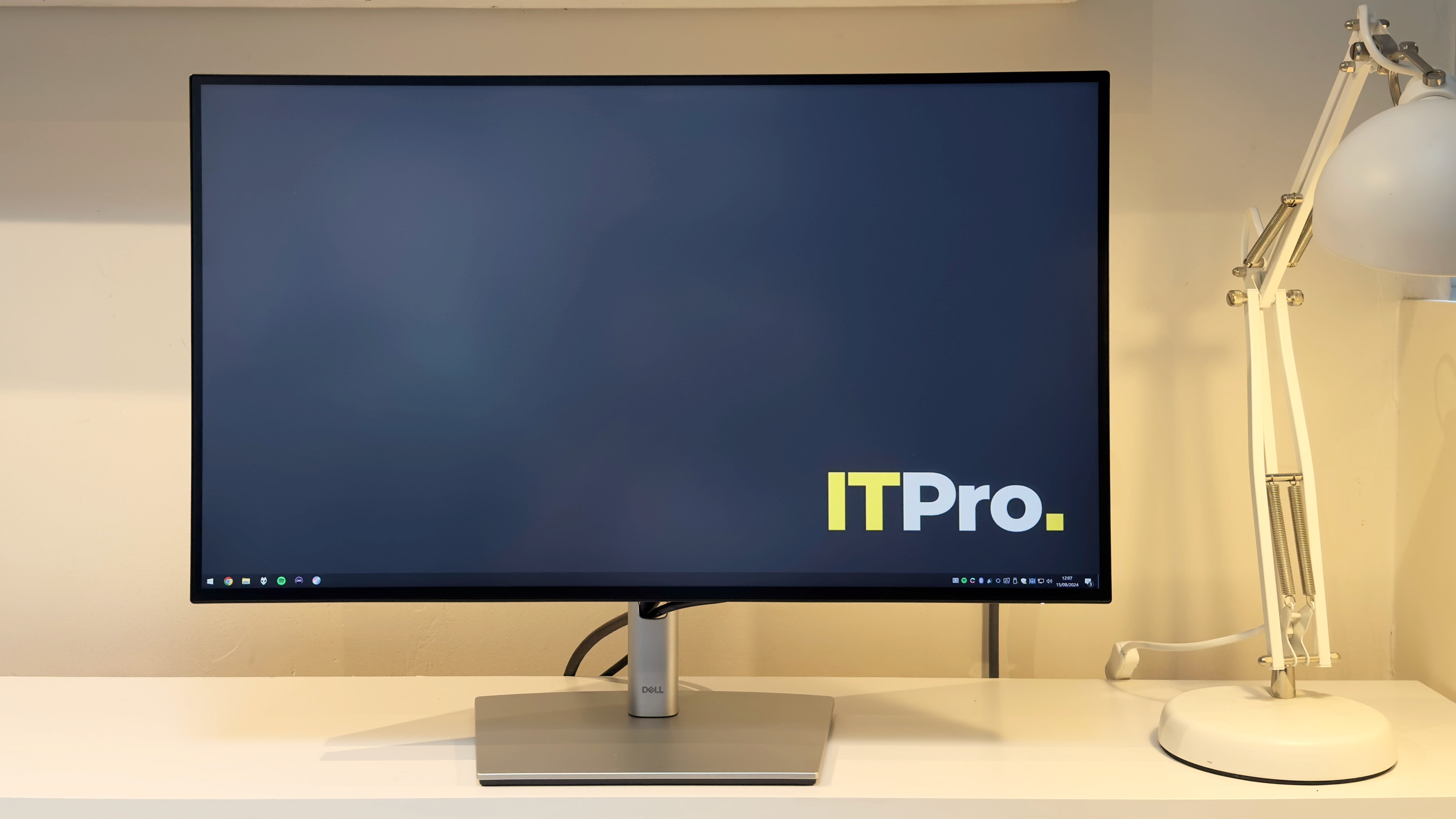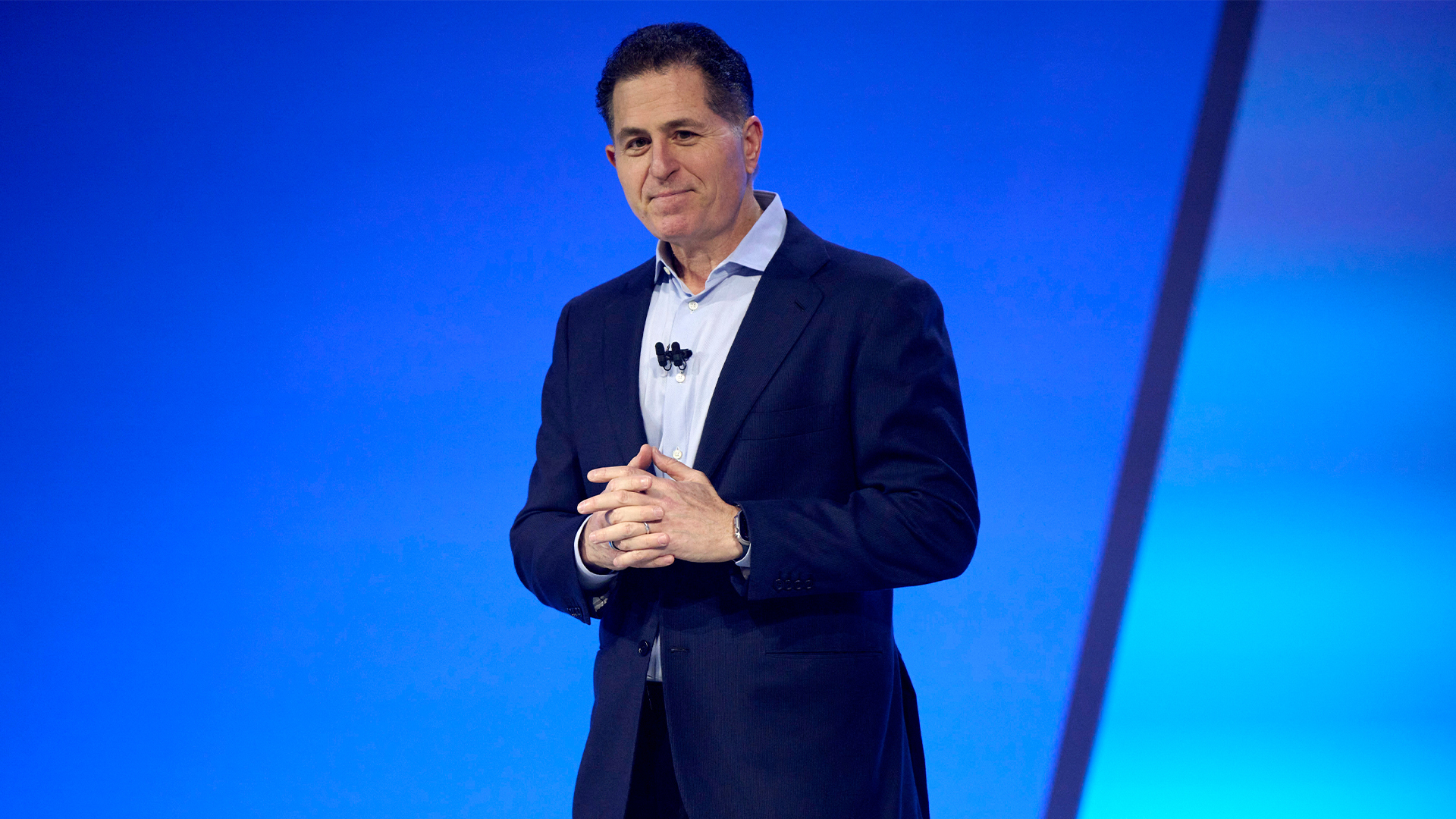2013 Year in Review: Top 10 tech news stories
We take a look back over some of the year's biggest news stories.

4) Dell goes public with plans to go private
No-one ever claimed it would be easy to take a publicly listed company as well known as Dell private, but it's unlikely anyone would have predicted just how long and drawn out this process ended up being.
Back in February, the company's chairmen and CEO Michael Dell set out plans to take the company private in a $24.4 billion deal (initially) involving Microsoft and private equity house Silver Lake. And that's when the fun really started.
The months that followed saw a series of shareholder disputes take place, with quibbles about the company's market value and shareholder voting procedures regularly being aired.
Activist investor Carl Icahn also sought to have Michael Dell's bid blocked, on the grounds he felt it undervalued the company, delaying the process even further.
Finally, on 12 September, Michael Dell won shareholder approval for his privatisation plans, allowing the PC vendor to complete its transformation into a provider of enterprise IT services away from prying eyes. And not before time.
5) BDUK bashing
Get the ITPro daily newsletter
Sign up today and you will receive a free copy of our Future Focus 2025 report - the leading guidance on AI, cybersecurity and other IT challenges as per 700+ senior executives
The Government's Broadband Delivery UK (BDUK) scheme, which aims to bring superfast internet services to rural communities, has been a surprisingly contentious topic this year.
MPs have repeatedly slammed the initiative, with both the National Audit Office and Public Accounts Committee taking issue with the costs involved and time take to deliver on its aims.
For example, an NAO report on the project claimed in July the Government was 22 months behind on its goal of providing 90 per cent of premises in the UK with superfast broadband services by 2015.
Fujitsu excused itself from bidding for BDUK projects in March 2013, leaving BT as the last remaining bidder. This prompted further concerns about the BDUK procurement process being uncompetitive and poor value for money.
MPs have repeatedly slammed BDUK, taking issue with the costs involved and time take to deliver on its aims.
BT has done an admirable job of hitting back at its BDUK detractors during 2013, but - with each deployment undertaken through the scheme having its own coverage target and deadline - there is unlikely to be much let up for the telco on this issue in 2014.
6) Banking on IT
The financial services sector is often cited as a highly regulated industry that has to invest huge amounts in IT systems for compliance, security and resilience purposes.
However, the last 12 months has brought with it numerous headlines about banking systems going down, leaving customers out of pocket and with no access to the funds.
Nationwide and Natwest have both been blighted in this way in 2013, while Barclays and Santander have both found themselves as the centre of security breaches in recent months.
Criminals attempted to gain remote access to computer systems in London-based branches of both banking firms with the intention of stealing millions of pounds.
The ruse was made possible through the use of a Keyboard Video Mouse device, which is thought to have been installed in both branches by someone posing as an IT engineer.
In the Barclays case, 1.3 million was stolen from customer accounts, although it was later returned and several arrests made. Thankfully, the Santander plot was foiled before any money was taken.
7) Google Glass safety fears
For a product that's not gone on general release yet, Google Glass has clocked up an impressive number of headlines and column inches in 2013.
For the uninitiated, Google Glass is essentially a pair of spectacles featuring a built-in Android computer that users can draw on to take pictures, record videos, search the web and find directions.
Since news of the devices first emerged, concerns have been raised - most noticeably by the Information Commissioner's Office - about the privacy implications of Google Glass.
Particularly, as the nature of the devices could make it easy for users to furtively record the actions of others without their knowledge and permission.
For this reason, a restaurant in Seattle announced an outright ban on the devices, while safety fears recently prompted the UK's Department for Transport to announce plans to ban the technology from being used while driving.
-
 Cleo attack victim list grows as Hertz confirms customer data stolen
Cleo attack victim list grows as Hertz confirms customer data stolenNews Hertz has confirmed it suffered a data breach as a result of the Cleo zero-day vulnerability in late 2024, with the car rental giant warning that customer data was stolen.
By Ross Kelly
-
 Lateral moves in tech: Why leaders should support employee mobility
Lateral moves in tech: Why leaders should support employee mobilityIn-depth Encouraging staff to switch roles can have long-term benefits for skills in the tech sector
By Keri Allan
-
 Work and innovate everywhere
Work and innovate everywherewhitepaper Protection across AI attack vectors
By ITPro
-
 Dell, HP post underwhelming returns as PC market remains in a state of flux
Dell, HP post underwhelming returns as PC market remains in a state of fluxNews Original equipment manufacturers (OEMs) are contending with an impending Windows 10 EOL and a burgeoning AI PC market
By George Fitzmaurice
-
 Dell Inspiron 14 Plus (7441) review: The cheapest Snapdragon laptop yet
Dell Inspiron 14 Plus (7441) review: The cheapest Snapdragon laptop yetReviews A no-frills compact laptop that delivers good performance and solid battery life
By Alun Taylor
-
 Dell XPS 13 9340 review: Compact, stylish, and frustratingly flawed
Dell XPS 13 9340 review: Compact, stylish, and frustratingly flawedReviews Redesigned XPS 13 has lots of potential but finds itself hamstrung by iffy design decisions and Intel's underachieving Meteor Lake
By Sasha Muller
-
 Help skilled workers succeed with Dell Latitude 7030 and 7230 Rugged Extreme tablets
Help skilled workers succeed with Dell Latitude 7030 and 7230 Rugged Extreme tabletswhitepaper Help skilled workers succeed with Dell Latitude 7030 and 7230 Rugged Extreme tablets
By ITPro
-

 Dell UltraSharp U2723QE monitor review: Feature-packed and 4K – but not quite perfect
Dell UltraSharp U2723QE monitor review: Feature-packed and 4K – but not quite perfectReviews Anyone needing respectable HDR performance or gaming-friendly features such as adaptive sync or high refresh rates should be looking elsewhere, the Dell U2723QE is just not that kind of monitor
By Sasha Muller
-
 AI is paying dividends for Dell Technologies – booming server sales and rapid networking growth have taken the edge off a rocky period
AI is paying dividends for Dell Technologies – booming server sales and rapid networking growth have taken the edge off a rocky periodNews Despite a troubling period for Dell Technologies, the outlook remains positive amid surging enterprise demand for AI solutions
By Nicole Kobie
-
 Dell Technologies World 2024 live: All the news and announcements from day-two
Dell Technologies World 2024 live: All the news and announcements from day-twoLive blog It's day-two at Dell Technologies World 2024 and we're live on the ground in Las Vegas - follow our rolling coverage for all the latest news, updates, and announcements
By Rory Bathgate